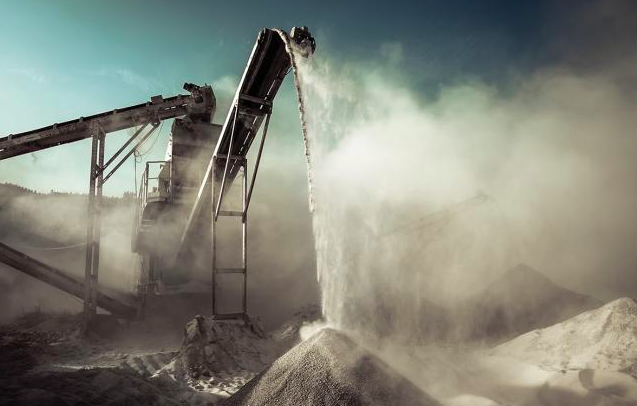Carbon Re has published a whitepaper entitled ‘Levers of Change’ that examines six key areas to accelerate decarbonisation in the cement industry. It is intended to help companies in the sector navigate related regulatory and commercial factors. The six levers it examines are: standards; regulations; customer demand; technologies; capital; and financing and commercial advantages.
The cement industry produces one of the most ubiquitous and necessary materials for the modern world but it comes with a significant carbon footprint. The scale and importance of decarbonizing the industry that is responsible for 8% of global greenhouse gas emissions has gained recognition in recent years, yet there is much to be done to convert pledges into action.
The whitepaper says: “With demand for cement set to increase and strict climate targets required to be met in the coming decades, we set out to provide a reference of the regulatory and commercial factors driving decarbonization in the cement industry so that relevant stakeholders can examine the landscape and determine which levers of change could be further exploited in their context.
This paper dives into how global standards and regulations are changing the game, setting new, greener rules for cement production. Whether it’s global bodies pushing for new eco-friendly standards or the introduction of carbon taxes and trading schemes, the standards and regulatory landscape is exerting enormous pressure on the cement industry.
Carbon Re is an AI for materials company pushing the boundaries of AI to accelerate the decarbonization of foundational materials such as cement. We leverage world-class expertise from UCL and Cambridge University in AI, energy efficiency, and industrial process improvement.
It says: “We explore the increasing customer demand for low-carbon cement products, both from construction companies and regulatory bodies, and highlight global initiatives like the First Movers Coalition and Concrete Zero initiative and new bodies such as the Alliance for Low Carbon Cement & Concrete. These are the crusaders in the quest for low-emission cement and concrete – whether that’s achieved through improving the process or the formulation – setting ambitious targets that are anything but set in stone.
“We also look at some of those leading by example with projects that have already embraced the low-carbon cement mantra, showing it’s not just about what’s being built, but what’s building it and the standards to which it must adhere.
“Looking to the cement production process itself, we explore both established and emerging decarbonization technologies. The current methods involve the use of substitute cementitious materials to replace clinker, alternative fuels to substitute fossil-derived fuels, and increasing energy efficiency through hardware and software upgrades.
“Newer technologies such as carbon capture and storage, green hydrogen fuel and electrification through renewable electricity and electrolysis, as well as chemical or biological additives to cement mixes, are all in development to become commercially scalable solutions.”





